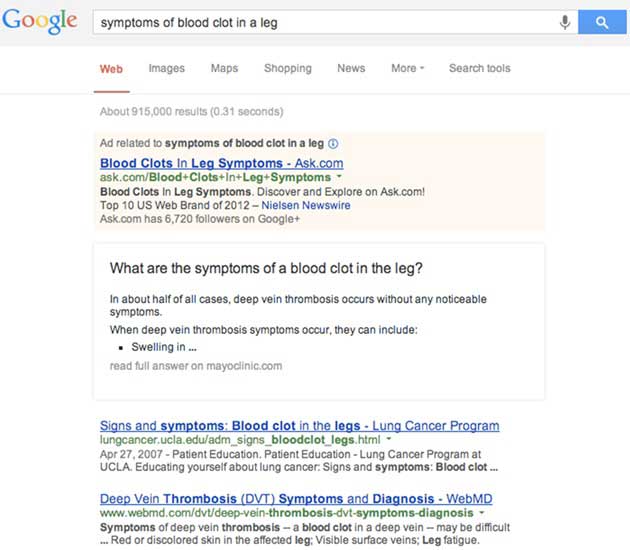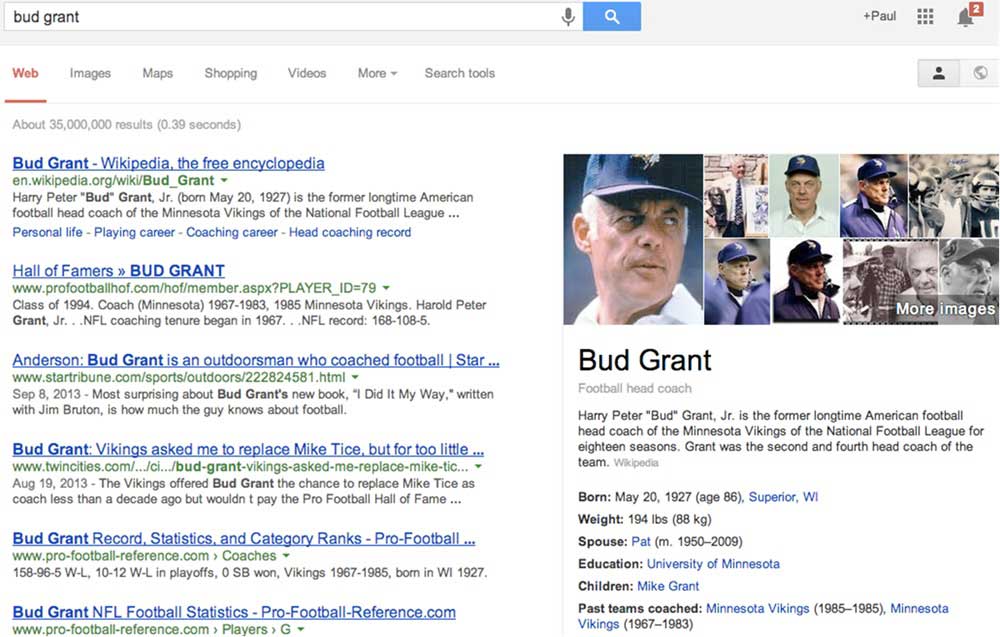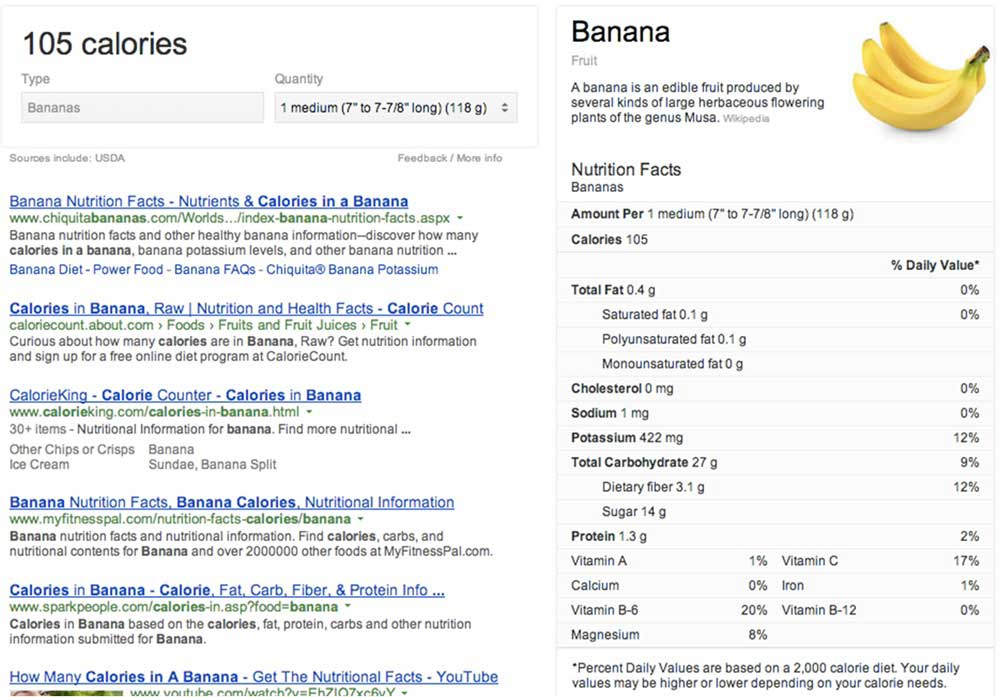It's been a busy few weeks for SEO, content marketing, and digital marketers. Google delivered a one-two punch, announcing that organic keyword data will no longer be available and that it has released the Hummingbird update.
The two announcements are important for content marketing, and they illuminate the continuing transition from keyword-based search to semantic search.
The consensus among SEOs and content marketers is that relevant, useful content remains critical. Let's explore why.
Beyond keywords for SEO
Keywords have always been viewed as critical to SEO strategy. Historically, determining the keyword opportunities for a site have been foundational for page-level content optimization and link building. Identifying the keywords a site can rank for, and the keywords that convert to sales or leads, has been the first step for countless SEO projects.
Keywords aren't going away. Obviously, words are still used in a search query. But Google is attempting to better determine search intent behind a query. Relationships between concepts are becoming more important, instead of the simple matching of a result to a keyword.
This process is becoming more important as people begin typing in longer queries, with more words, to find a specific result.
Going one step further: Engineers at Google envision a semantic search future where search results become conversational rather than based on a single result for a single query. That means the search engine will need to understand complex relationships between different concepts based on every word in the query.
More of the Knowledge Graph
Google announced the implementation of its Knowledge Graph over a year ago, and Hummingbird seems to have expanded these search results.
If you've searched for a name of a famous person over the past month, you've likely encountered search results that look like this one, for former Minnesota Vikings football coach Bud Grant:
Another example can be seen in the following search for "symptoms of a blood clot in the leg." Here, Google has indexed the answer to this question from the Mayo Clinic, and displayed it as direct answer to the anticipated question:

And finally, here's one for "calories in a Banana." Google has inferred that this query is related to nutrition, and pulled nutrition information from Wikipedia into the search engine result page:
Questions, not Queries. Answers, not Results.
The Hummingbird update differs from previous updates, such as Panda and Penguin, primarily because it's not a penalty-driven improvement. However, its impact is likely to be more profound over the long term because the human behavior behind search is being more closely aligned to how Google works.
Think of it this way. We previously viewed searches as queries, like using the old computers in libraries to find a book. You type in the topic, and back come results. But that's not how humans get information, and Google knows that. We get information in conversations, and there is typically more than one question and answer in conversations. Our conversations have context, and context shapes the answers.
Hummingbird is another step toward Google's delivery of those improved results, which will resemble the words of an eager participant in a conversation.
How This Affects Content Marketing
Google has consistently reinforced that quality, relevant content is a critical element to shaping search results, in addition to things like site speed, verified author profiles and social signals.
When examining the semantic search implementation behind Hummingbird, and considering it in the context of the imminent removal of organic search keyword data, we find ourselves in a landscape where we, as content marketers that understand the importance of search, are beyond keywords.
Understanding the questions potential customers have around a product or service is more important than ever. As marketers, creating content that anticipating these questions, and creating content to provide relevant, meaningful answers, will be critical to success.






